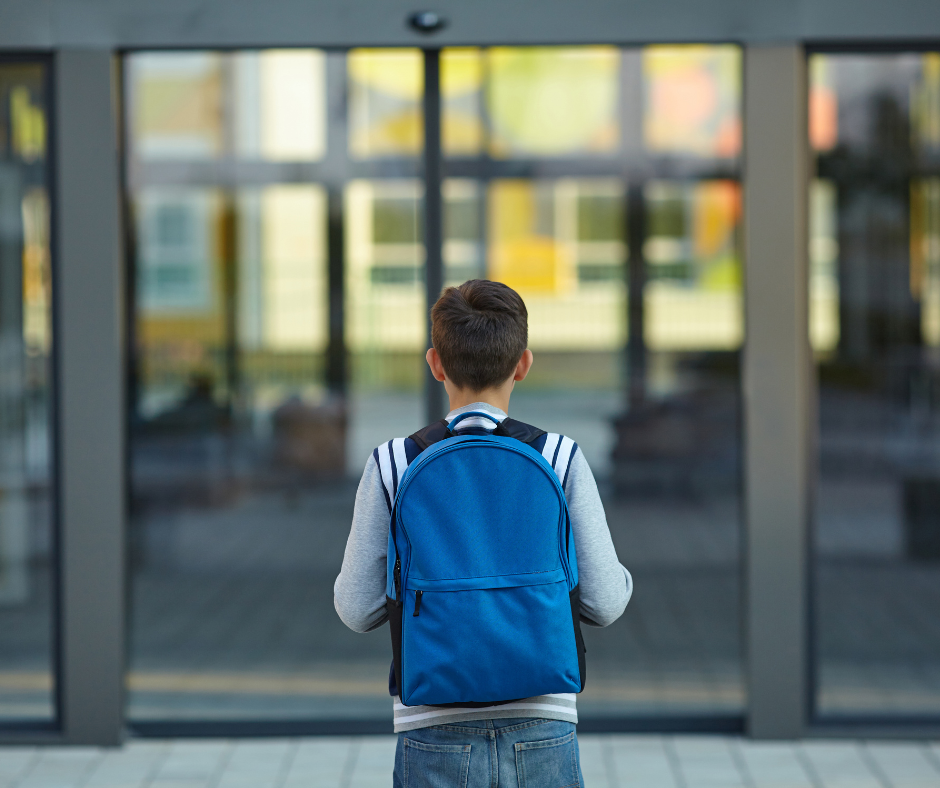You've ticked off the checklist – a snazzy lunchbox, fresh kicks, and a backpack bursting with supplies. Back-to-school preparations are no joke, and there's a vital ingredient often overlooked: sleep. Whether you're a determined student or a vigilant parent, the significance of quality sleep cannot be overstated.
Picture this: a student recharged, laser-focused, and ready to learn. Does it sound almost too good to be true? It’s a reality anchored, in part, by adequate and restorative sleep. Sleep isn't a mere luxury; it's a cornerstone of success. Sacrificing sleep jeopardizes cognitive abilities, concentration, and academic success. However, its repercussions extend beyond the classroom, affecting overall health and mental wellness.
The Link Between Children’s Sleep and Health
Recent research uncovers a profound relationship between sleep and health, especially during development. Inadequate sleep during childhood and adolescence is linked to obesity, diabetes, and hypertension in adulthood with heightened risks of depression and anxiety later in life.
Adolescents are particularly vulnerable to inadequate sleep. The path can spiral into mental health challenges and substance abuse, and the increased risk of sports injuries and accidents.
The ramifications of inadequate sleep can ripple across a child’s present performance and future well-being.
But here's the stark reality: a significant number of our young ones are robbed of adequate sleep. The American Academy of Pediatrics reveals a concerning truth – a quarter of children under 5, 6 out of 10 middle schoolers, and 7 out of 10 high school students grapple with sleep deprivation.
Looking for an Action Plan to Help Your Student?
Set a Solid Bedtime Routine: Consistency is king. Encouraging a fixed bedtime and wake-up time, even on weekends, can boost language skills, academics, and emotional wellness. Crafting a soothing routine – from pajamas to bedtime stories – nurtures a relaxing transition to sleep.
Screen Time Curfew: Disconnect from screens like TVs, computers, and phones at least 30 minutes before bed. The blue light emitted from a screen interferes with sleep-inducing hormones. When possible, banish electronics from bedrooms.
Nutritional Nudges: Avoid caffeine. In children, caffeine can raise blood pressure and interfere with sleep. Help your child learn to make healthier food choices and enjoy a balanced diet. A well-nourished child with a healthy breakfast enjoys a head start in the classroom.
The Takeaway
Quality sleep is essential for optimal learning, concentration, and overall health. Sleep deprivation, affecting a significant number of children and adolescents, is linked to cognitive impairments, mental health issues, and future health risks. Cultivating good sleep hygiene by setting a consistent bedtime, limiting screen time before bed, and promoting a balanced diet are actionable strategies for ensuring adequate sleep and well-being for students of all ages.
Scroll down and sign up for our monthly newsletter to learn more.
Dream big, work hard, sleep ambitiously,
Joe Castignani



